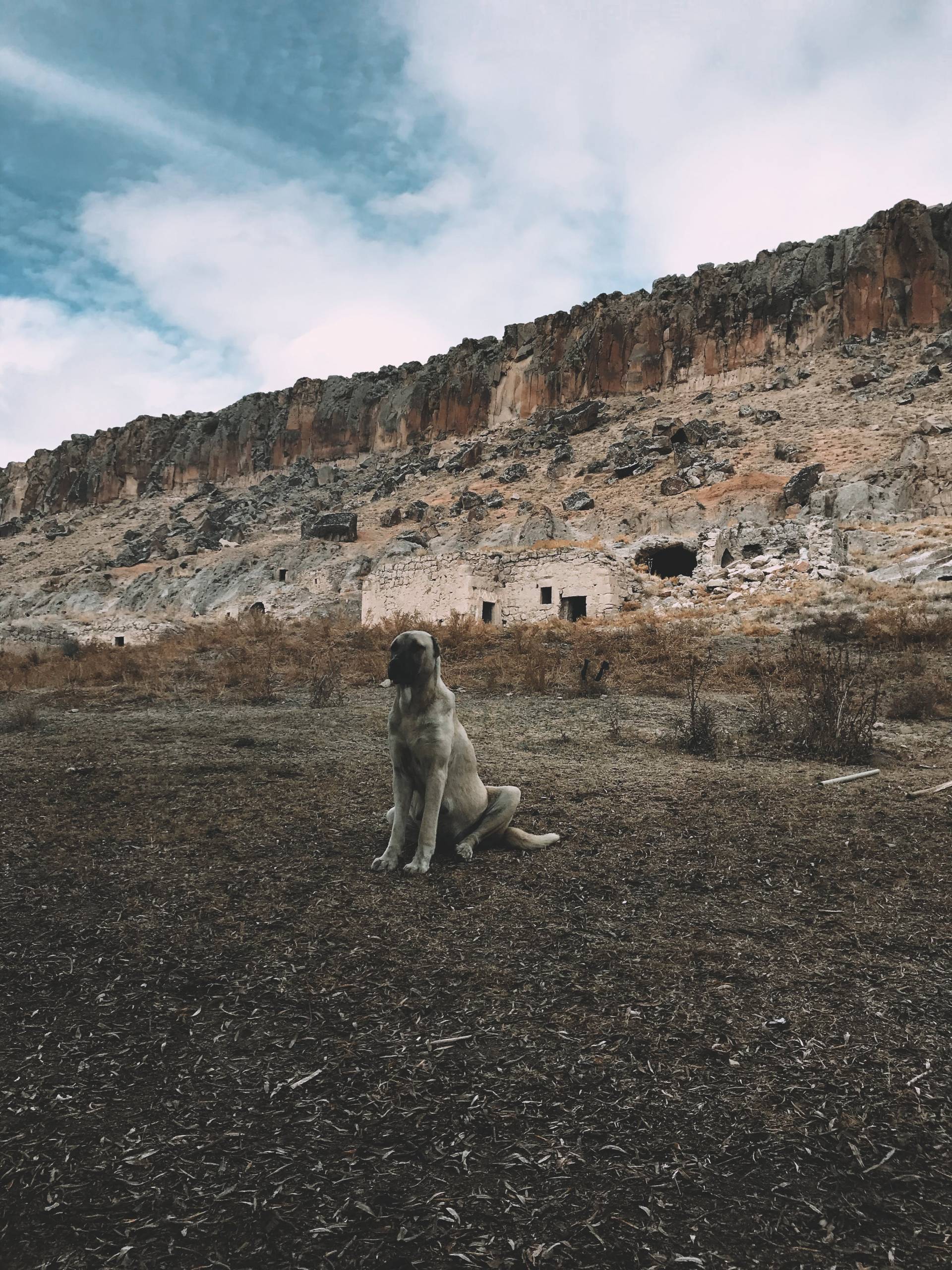
Giardia: What Is It?
Giardia is a microscopic parasite that can be found in soil, food, or water contaminated with feces from infected animals. When dogs ingest the parasite, it can cause an infection in their intestines. Common sources of giardia exposure include drinking from contaminated water sources, grooming themselves after being in infected environments or consuming food tainted with the parasite.
Signs of Giardia Infection
If your dog is infected with giardia, you may notice symptoms such as diarrhea, which can sometimes be watery or contain mucus. Other signs include weight loss, vomiting, and a lack of appetite. It’s important to note that some dogs may carry the parasite without showing any symptoms, so regular check-ups with your veterinarian are crucial.
Seeking Veterinary Care
If you suspect your dog has giardia, the first step is to contact your veterinarian. They will conduct tests to confirm the presence of the parasite. Once diagnosed, your vet will recommend a treatment plan tailored to your dog’s needs. This often includes medication to eliminate the parasite and alleviate your dog’s symptoms.
Medication for Giardia
The most common treatment for giardia in dogs involves a course of medication prescribed by your veterinarian. This medication is typically an oral treatment that targets the parasite in the intestines. It’s crucial to follow your vet’s instructions carefully and complete the full course of treatment, even if your dog’s symptoms improve before it’s finished.
Environmental Clean-Up
In addition to medication, it’s essential to thoroughly clean your dog’s living environment to prevent re-infection. Wash your dog’s bedding, toys, and bowls regularly, and clean up any feces promptly. Pay close attention to areas where your dog spends time, such as the yard or favorite outdoor spots.
Preventing Future Infections
Once your dog has been treated for giardia, it’s important to take steps to prevent future infections. This includes ensuring that your dog has access to clean, uncontaminated water sources and avoiding areas where giardia may be present. Regular veterinary check-ups and fecal tests can also help catch any potential re-infections early.
Supporting Your Dog’s Recovery
During and after treatment, it’s essential to provide your dog with supportive care to help them recover. This includes monitoring their food and water intake, ensuring they get plenty of rest, and offering lots of love and attention. Be patient and understanding, as recovering from giardia can take time.
In conclusion, giardia is a treatable condition, and with prompt veterinary care and proper treatment, your dog can overcome this intestinal parasite. By following your vet’s guidance, maintaining a clean environment, and taking steps to prevent future infections, you can help ensure your dog stays healthy and happy. If you suspect your dog may have giardia, don’t hesitate to seek veterinary care – your furry friend will thank you for it.[/fusion_text]



